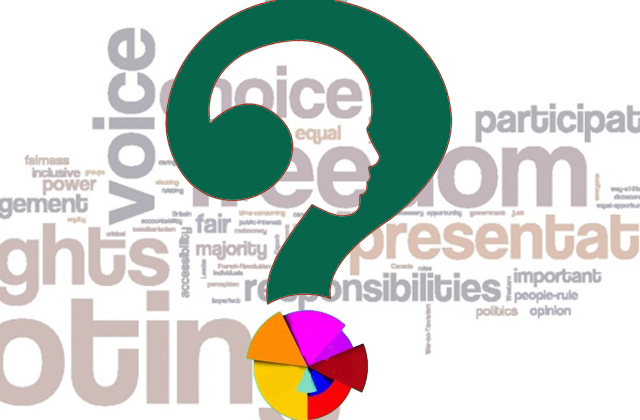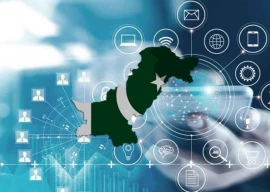
The fundamental responsibility of civil society is to make boundaries and control the power of the state, because democracy is based on a well-functioning state.
The main functions of civil society are, firstly, to observe the workings of state officials such as how they use their supremacy; raise public concerns without resorting to violence and access information directly related to freedom of information laws, and rules and regulation about corruption.
Secondly, for reconstructing good governance, civil society is required to make a code of conduct that strives to reduce corruption and create a sense of responsibility among public officials. Without such a code, it is not possible to implement, for example, anti-corruption laws.
Thirdly, civil society must play its part in terms of its political contributions to society. This can be achieved by NGOs educating people about their rights and duties, and encouraging independent citizens to take part in election campaigns and votes.
Moreover, NGOs can develop society’s skills to enable them to resolve community issues, as well as help develop values of democratic life such as tolerance, restraint, cooperation, and respect for conflicting points of view. These values are possible only through practice.
Following such long periods of dictatorship, comprehensive modification is required to educate the youth about the principles of democracy and past crimes. Civil society works as a constructive partner because it is an arena for the expression of various benefits which fulfill the needs and concerns of its associates including women, students, farmers, environmentalists, trade unionists, lawyers, doctors etc.
NGOs can present their views to the parliament by contacting individual members. Civil society can build up democracy by providing new forms of awareness and unity that incisively scrutinize old concepts of ethnicity, linguistics, religion, and other identity ties.
Democracy can be stable on the basis of this awareness and as a result civil life becomes comfortable, diverse, and more tolerant. NGOs can also provide a platform for future political leaders to be recruited and trained, and play a significant role in mediating and serving to resolve clashes.
In other countries, NGOs have developed formal and informal training programmes to mitigate political and tribal conflicts.
Lastly, civil society is independent of the state and must be responsible, receptive, comprehensive, effective and legitimate at all levels with the respect and support of its citizens.
Civil society can act as force for mediating state-society dynamics. This commitment is influenced by the growth of communicational technologies that result in useful information transfers, movement of capital and human resources between organisations, and defensive boundaries.
Along with it Civil Society organisations lack clear and enforceable rules and extremely dependent on international donors whose priorities can overlook the requirements of anticipated beneficiaries. They require a set of practices and institutional frameworks to perform duties that each and every one can help with and tie in government to participate.
The writer is a researcher at the Sustainable Development Policy Institute
Published in The Express Tribune, August 26th 2013.
Like Business on Facebook, follow @TribuneBiz on Twitter to stay informed and join in the conversation.







1734899716-0/image-(15)1734899716-0-270x192.webp)
1734899549-0/image-(16)1734899549-0-270x192.webp)













COMMENTS
Comments are moderated and generally will be posted if they are on-topic and not abusive.
For more information, please see our Comments FAQ